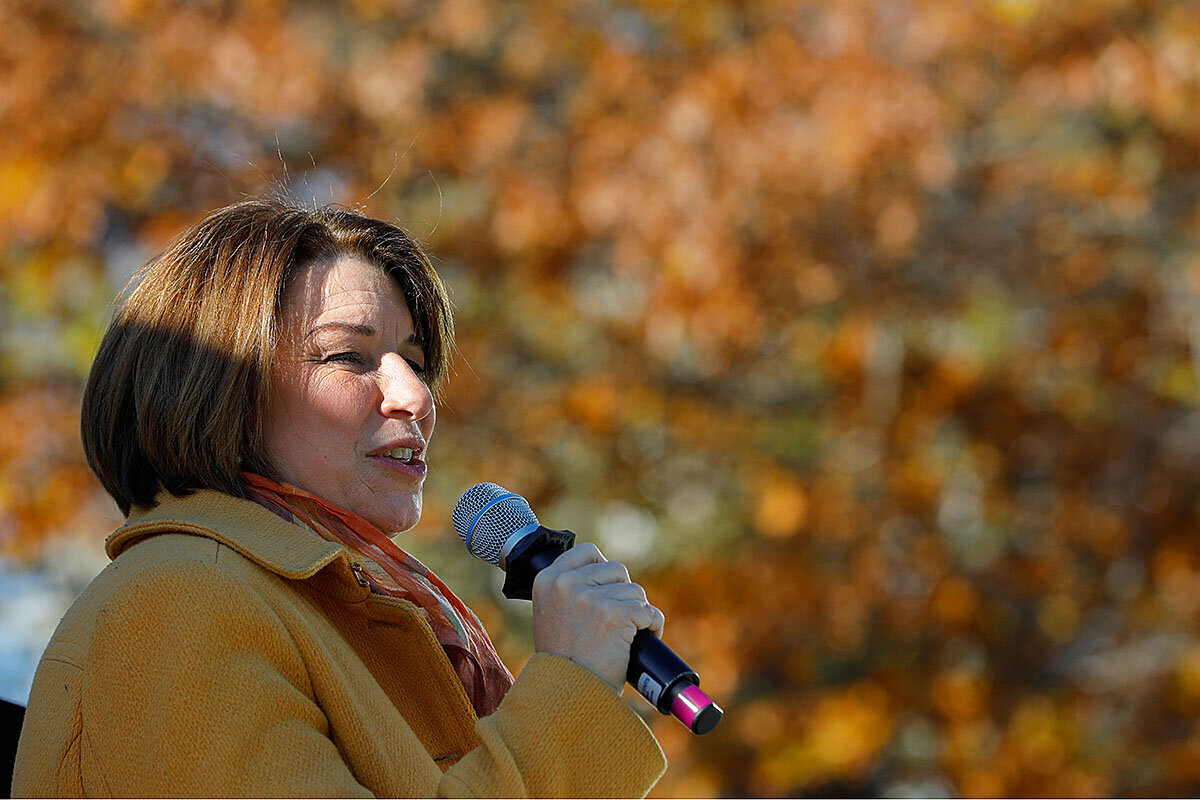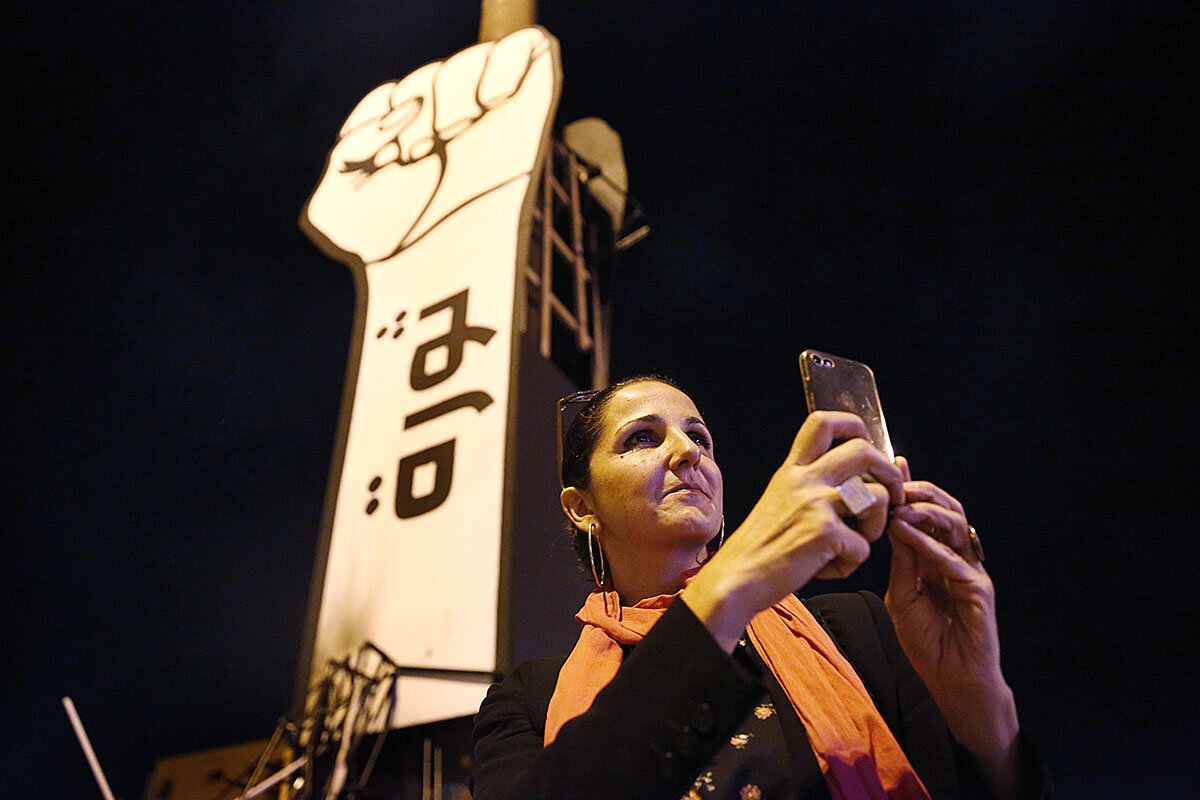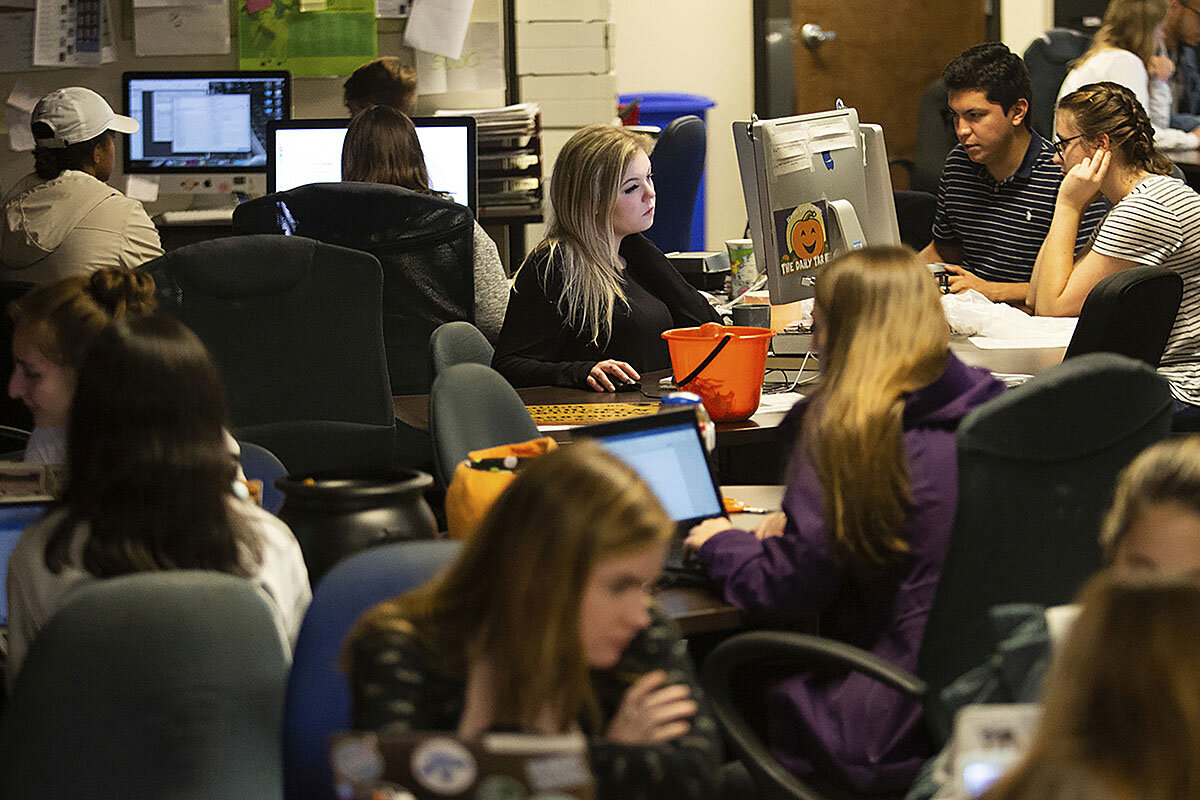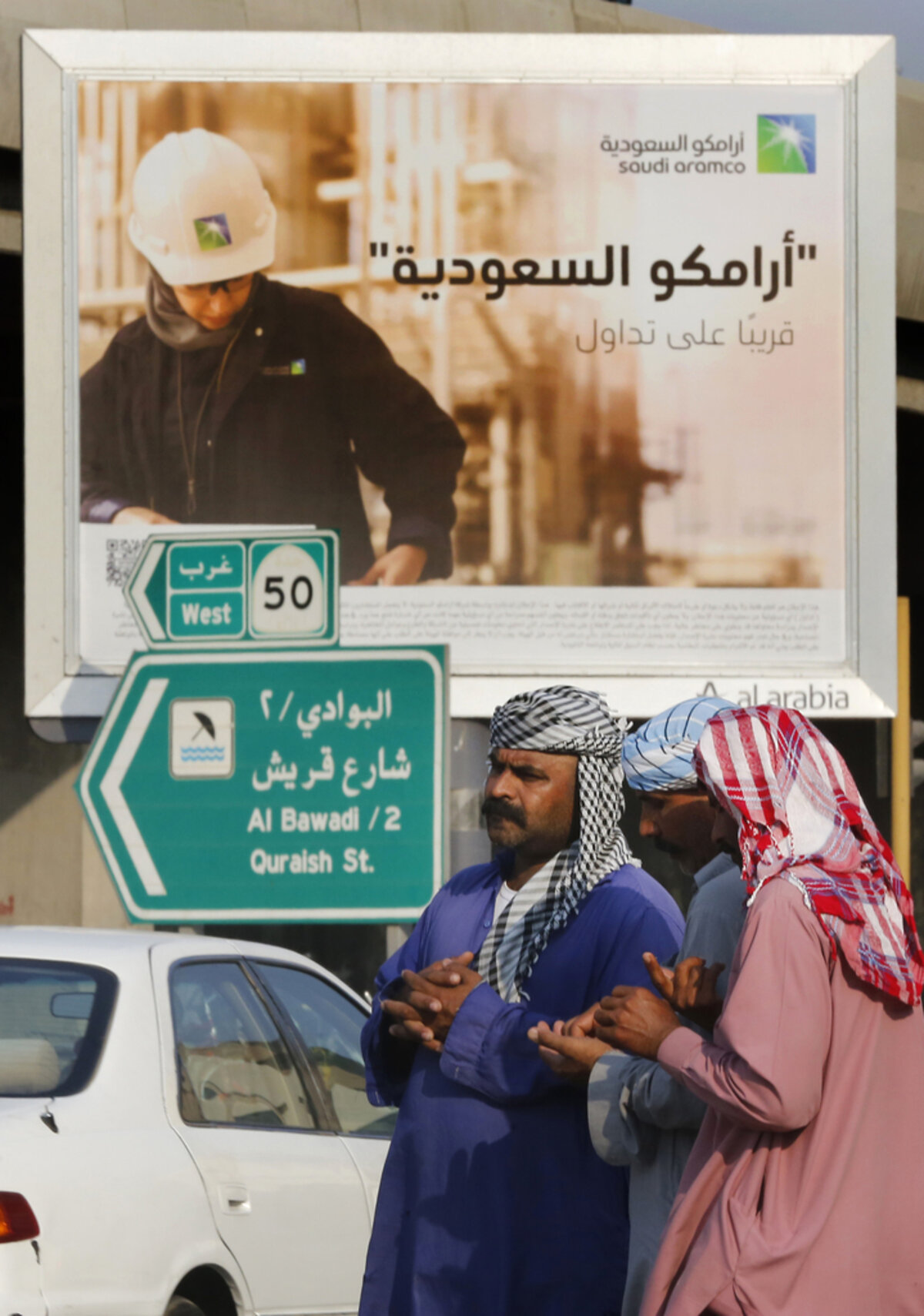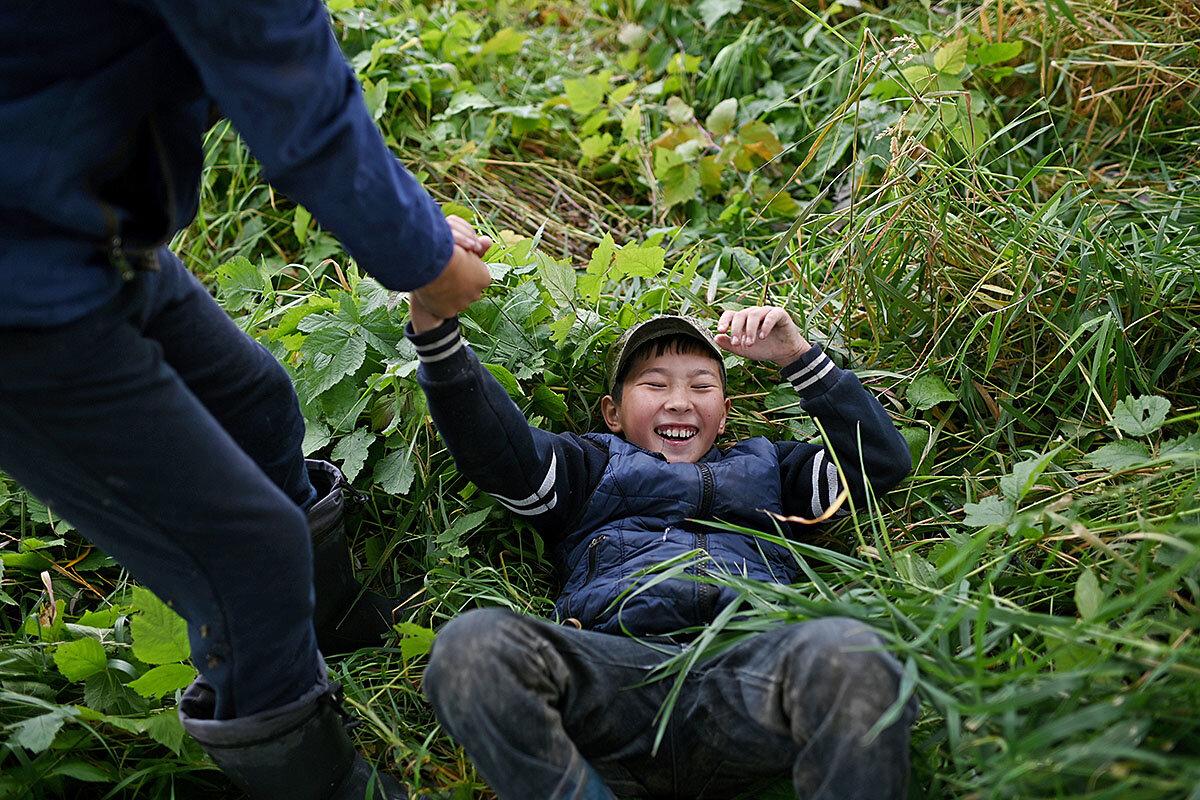The perception has been that all the energy in the Democratic presidential race is on the left. Things may be changing as many voters focus on how to win key states in the general election.
Monitor Daily Podcast
- Follow us:
- Apple Podcasts
- Spotify
- RSS Feed
- Download
 Linda Feldmann
Linda Feldmann
In today’s issue we look at why voters are suddenly eyeing the middle, the source of Lebanese resolve, how the smallest things in the world help build it, student journalists balancing fairness and empathy on campus, and new TV to take you away for your weekend (a galaxy far, far away).
First, a word on the value of every vote. We were reminded of that Thursday when Gov. Matt Bevin of Kentucky conceded that he lost his close reelection race last week.
An extreme example of “too close to call” came two years ago, when a race for the Virginia legislature ended in a tie. Literally. The winner’s name was drawn from a bowl, giving Republicans control of the lower house.
Raunak Daga, then 14, was astounded. “To see that literally one vote can mean so much, I wanted to make a difference,” Raunak told The Washington Post recently.
The teen also discovered from his father that the process for getting an absentee ballot was confusing. Last summer, Raunak and some friends, students at Thomas Jefferson High School for Science and Technology in northern Virginia, came up with a solution: start over.
They built a website, eAbsentee.org. Then they enlisted a friend already in college to help them reach out to students, notorious nonvoters. After the Nov. 5 election, analytics showed that 750 people got absentee ballot applications from their site.
Raunak and his friends were thrilled – and they look forward to the day they, too, can vote.
Commitment to democracy is a bedrock American value, as also seen in our lead story today by Christa Case Bryant in Concord, New Hampshire.




